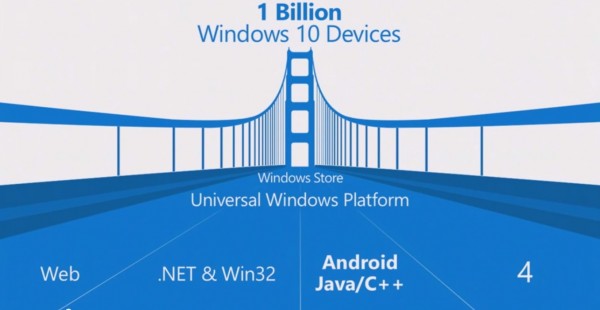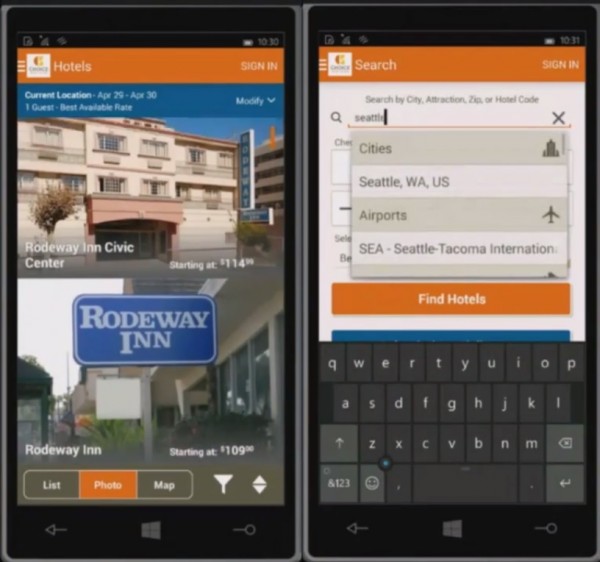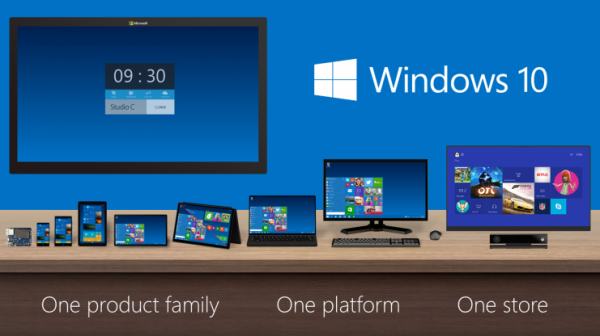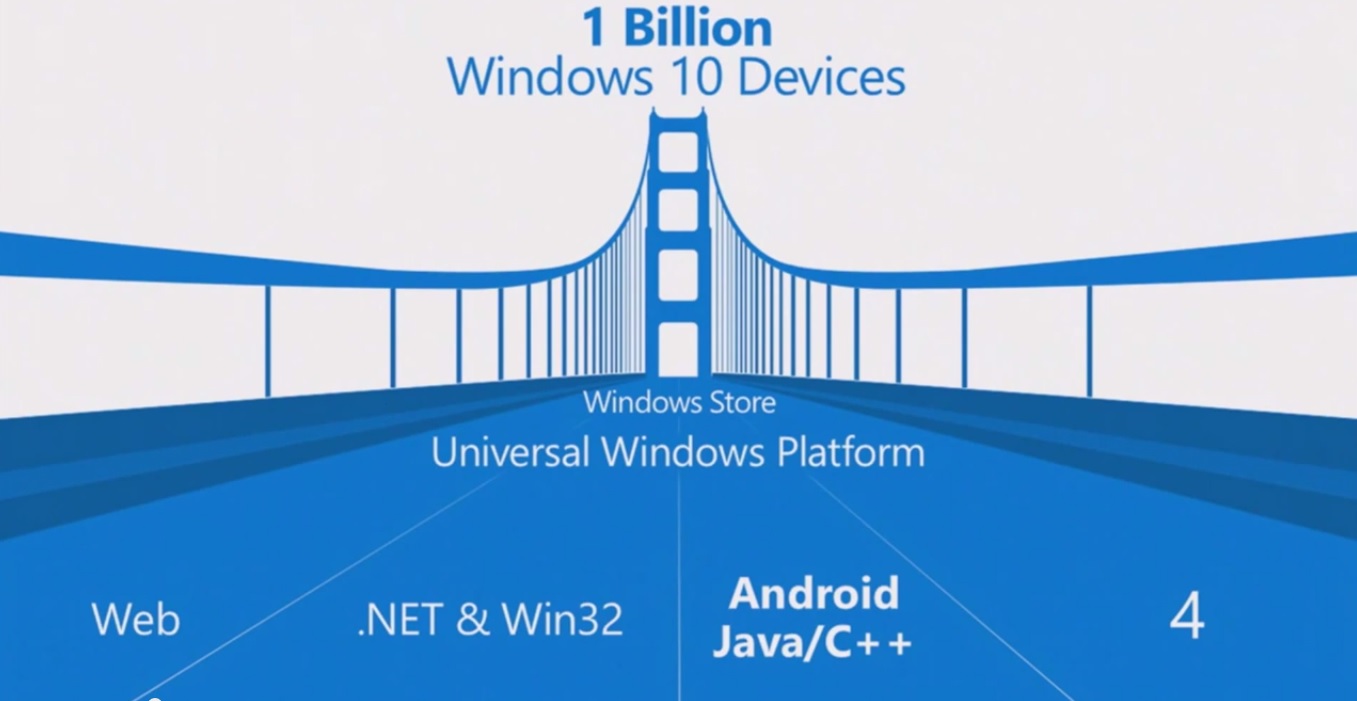
Microsoft surprised developers at its Build Conference last night by announcing that it is working on a way to get both Android and iOS apps to run on Windows Mobile (the new name for Windows 10 on smartphones). This is massive news for Windows Phone users who have traditionally been treated as an afterthought by developers; it could also make Windows based smartphones a whole lot more attractive to consumers.
There are two projects for bringing Android and iOS apps to Windows Mobile, named Project Astoria and Project Islandwood respectively. In the case of Project Islandwood – for iOS apps – developers will be able to use a set of tools to rebuild their apps for Windows. Microsoft has built an Object C toolchain and middleware layer to provide the OS APIs for iOS apps, but it is still dependent on devs wanting to put in the work to bring it over to Windows Mobile. Some developers have already been working with the system, with Candy Crush Saga being one of the first to be brought to Windows Phone. The port required a minimal change in the code, although it is unknown if more developers will jump on the opportunity.

On the other hand, Project Astoria is a little more complicated – at least on the user end. Microsoft is providing a runtime layer for Android apps to run unaltered on Windows Mobile devices. This generally means that most Android APKs can be loaded into Windows phones and be expected to run properly. However, this is only true provided that the APKs stick to the APIs provided by Microsoft; the company admits that not all Android apps will run, but declined to provide a number.
It is expected that the problem lies with with the split between the open-source Android OS code, and the closed Google Mobile Services (GMS). Microsoft is providing its own APIs for Android apps to run on, which is similar to what Amazon is offering. However, some apps rely on GMS to run features like geo-location and in-app purchases; and these will obviously not work on Windows. Project Astoria will instead offer developers integration points with Windows, which will allow the apps to work with Windows features like Cortana with minor alterations. Again, this will require at least some amount of work for developers to get their apps to run properly on Windows Mobile.

Microsoft’s solution to the lack of apps on Windows Phone is surprising. By allowing these apps to run with minor changes, it is providing a more attractive platform for developers to expand to. Of course, this depends on just how many changes need to be made to the code, and whether developers think Windows Mobile is worth expanding to. It is, however, a very exciting prospect for Windows phone users; who possibly face a future with access to apps from not only one small platform, but from three massive ones.
[Source: Ars Technica]
Follow us on Instagram, Facebook, Twitter or Telegram for more updates and breaking news.



